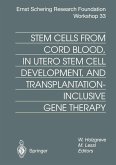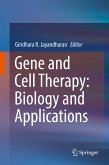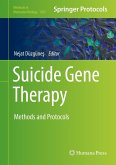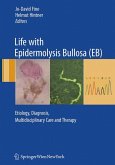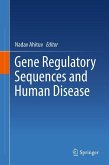This book discusses the different regulatory pathways for gene therapy (GT) and cell therapy (CT) medicinal products implemented by national and international bodies throughout the world (e.g. North and South America, Europe, and Asia). Each chapter, authored by experts from various regulatory bodies throughout the international community, walks the reader through the applications of nonclinical research to translational clinical research to licensure for these innovative products. More specifically, each chapter offers insights into fundamental considerations that are essential for developers of CT and GT products, in the areas of product manufacturing, pharmacology and toxicology, and clinical trial design, as well as pertinent "must-know" guidelines and regulations.
Regulatory Aspects of Gene Therapy andCell Therapy Products: A Global Perspective is part of the American Society of Gene and Cell Therapy sub-series of the highly successful Advances in Experimental Medicine and Biology series. It is essential reading for graduate students, clinicians, and researchers interested in gene and cell therapy and the regulation of pharmaceuticals.
Dieser Download kann aus rechtlichen Gründen nur mit Rechnungsadresse in A, B, BG, CY, CZ, D, DK, EW, E, FIN, F, GR, HR, H, IRL, I, LT, L, LR, M, NL, PL, P, R, S, SLO, SK ausgeliefert werden.




